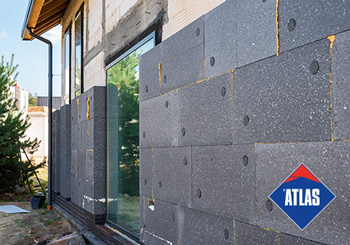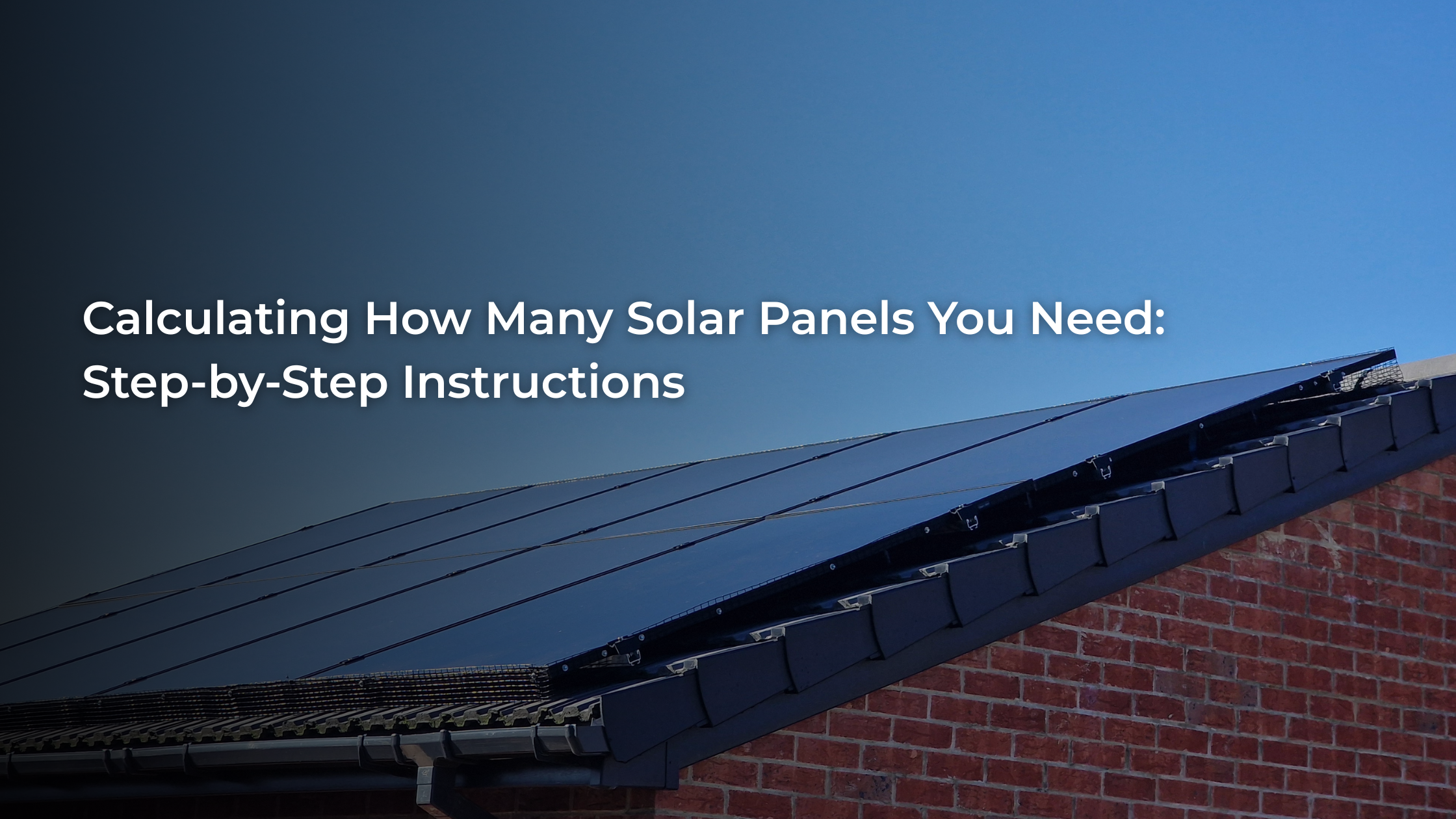As solar energy becomes more mainstream across the UK, many homeowners and businesses are considering making the switch. But one of the first and most important questions people ask is: how many solar panels do I actually need? This is a critical factor that directly affects both the cost and your energy savings.
Calculating the right number of solar panels for your property ensures you get the most efficient system without overpaying. In this guide, we’ll walk you through a step-by-step process to determine how many solar panels are ideal for your home or business based on your energy usage, roof size, and goals.
Step 1: Understand Your Energy Usage
To begin, look at your electricity bills over the past 12 months to calculate your average monthly and annual energy usage. Electricity is typically measured in kilowatt-hours (kWh).
Households that have electric heating or high-use appliances may require a larger system than smaller and low-consumption properties. Businesses with extended operating hours may have even higher energy demands.
Step 2: Estimate Solar Panel Output in Your Area
A standard 1kW solar panel system generates between 1400 to 1,800 kWh of electricity per year which depends on location and sunlight exposure. Southern regions generally receive more sun than the north, but panels still perform well even in less sunny areas.
Step 3: Review the Energy Production Capacity of Your Panels
Not all solar panels are created equal. Higher wattage panels generate more electricity and are considered best if you have limited roof space.
If you don’t want to dive into the calculations of counting energy generation per panel, you can get a free home assessment from MCS-certified professional solar providers like Infinity.
Step 4: Evaluate Your Roof Space
You need to make sure that your roof has adequate space to support it before committing to a system size. Also, consider:
- Roof angle: A tilt of 30°– 40° is considered best.
- Orientation: South-facing roofs provide the best output.
- Shading: Avoid chimneys, trees or neighbouring buildings blocking sunlight.
Step 5: Decide on Battery Storage (Optional)
To achieve energy independence or access solar energy at night, adding a battery storage system is a smart way to support your solar panel setup. You may want a slightly larger system to ensure you are storing enough surplus energy for non-sunny hours with the help of batteries.
Battery storage systems not only increase your energy independence but also help you guard against rising power rates. This step is especially useful for commercial properties operating around the clock.
Step 6: Factor in Future Energy Needs
Think ahead. If you plan to purchase an electric vehicle, install a heat pump, expand your home, or increase business operations, your electricity usage could rise significantly. Planning for these changes now allows you to future-proof your solar installation.
By slightly oversizing your system or ensuring there is enough room for expansion, you need to avoid the hassle of costly upgrades later. Many property owners today are planning their solar systems with long-term goals in mind.
Step 7: Don’t Forget System Losses
When planning your solar energy system, it’s essential to remember that not all the energy captured will be converted into usable power. Various factors such as wiring layout, equipment efficiency, shading from nearby objects, and even natural elements like dust can contribute to energy losses.
Step 8: Get a Professional Assessment
While these steps give you a strong starting point, a professional site survey will always offer the most accurate recommendations. Certified experts like Infinity will consider your unique roof structure, location, panel type, and electricity usage to design the optimal system for your property.
Customised advice saves time and ensures you invest in the right-sized system for maximum benefit.
Infinity: Your Ultimate Partner for Solar Assessment
Infinity offers bespoke solar panel solutions for both commercial and residential purposes. Our expert team conducts thorough site assessments, taking into account your energy use, roof size, and budget to recommend the perfect system size.
Infinity ensures every client gets maximum return on investment, no guesswork, no overpaying, just efficient solar energy tailored to your needs with high-quality materials, certified installers, and end-to-end support.
Conclusion
Calculating how many solar panels you need doesn’t have to be complicated. A clear picture of your energy usage, panel capacity, roof dimensions, and future needs will help you choose the right solar setup for your home or business. Adding in considerations like system losses and battery storage helps refine your plan.
Take the next step toward energy freedom, contact Infinity today for a free consultation and let us help you design a solar system that fits your exact needs. Make the smart move toward lower bills and a greener future, enquire now and power your property with clean, renewable energy.







